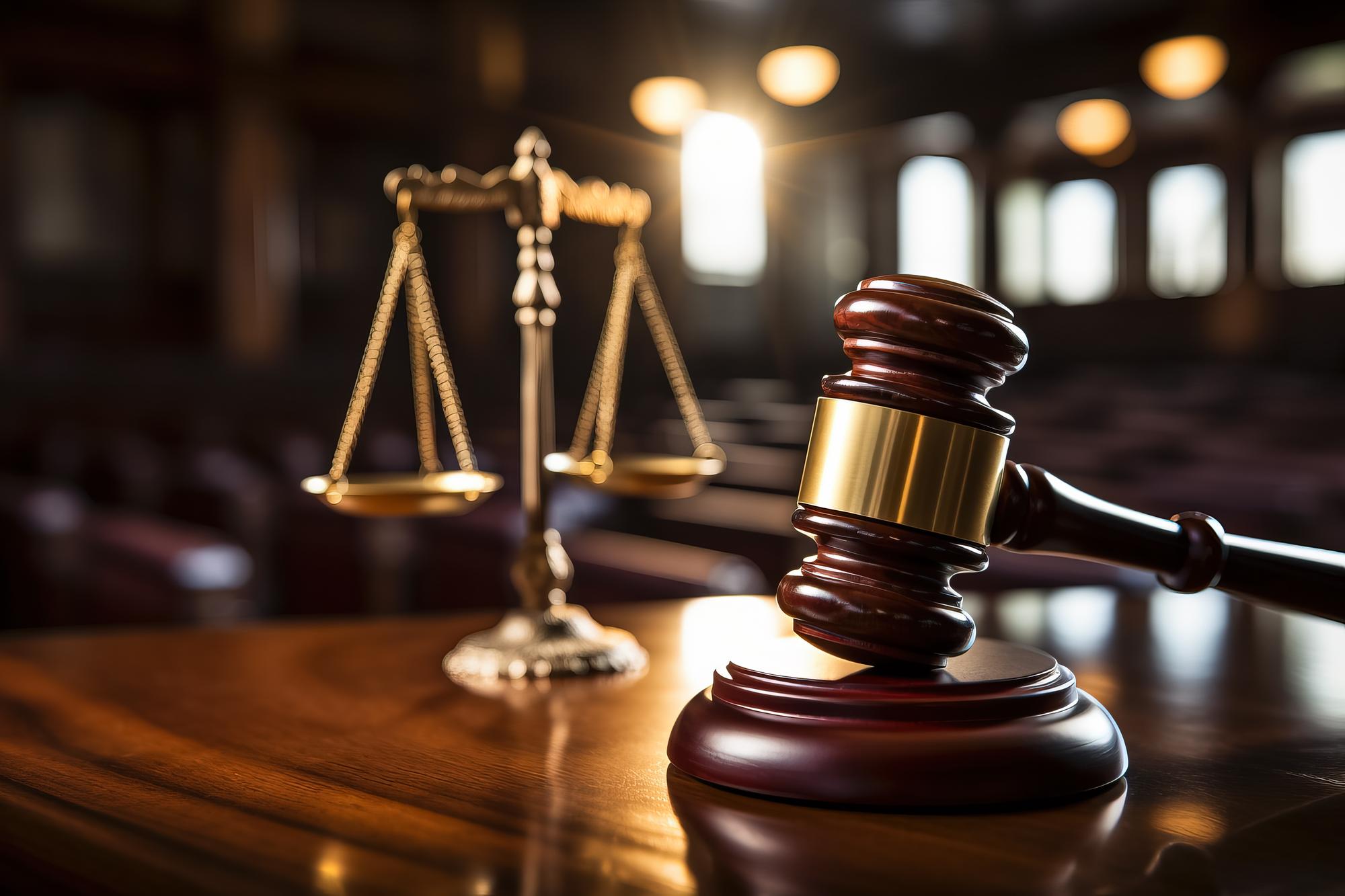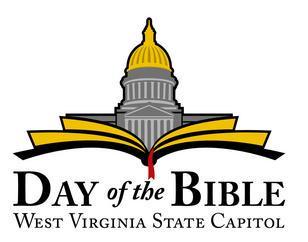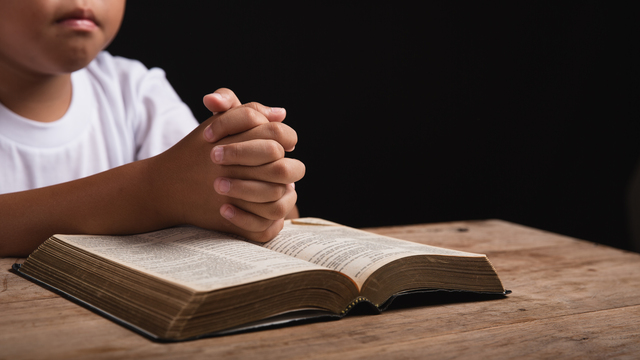Protecting Religious Liberty
Federal Appeals Court Protects Religious School's Hiring Rights

The 4th Circuit Court of Appeals ruled last week that a religious school had the right to make employment decisions based on the religious tenets of the school.
The case, Billard vs. Charlotte Catholic High School, involved Lonnie Billard, a man who taught English and drama in a Catholic high school in Charlotte, NC, for 12 years before moving into a substitute role. While in this role in 2015, Billard entered into a same-sex marriage, posting on social media about his relationship, contrary to the teachings of the Catholic church and the conduct policies in his employment contract.
When the school decided not to use Billard as a substitute teacher following his marriage decision, Billard joined with the ACLU to sue the school, claiming discrimination. A lower court sided with Billard against the Catholic school, prompting the Diocese of Charlotte, which has nine schools in Charlotte including Charlotte Catholic High School, to appeal the case to the 4th Circuit Court of Appeals.
The AACS, along with AACS state-affiliate associations within the district of the 4th Circuit (MD, NC, SC, VA, and WV), filed an amicus brief in the case which emphasized the importance of faith-based policies and shared faith commitments by employees for a successful Christian ministry. The brief pointed to the First Amendment and the language in Title VII which “protect[s] the right of religious organizations to build communities of the faithful.” Furthermore, the brief emphasized that lack of respect and acknowledgment in this area by the courts will result in devastating and divisive measures which will cripple ministry and thereby hinder the advancement of faith in society.

In the decision handed down last week by the 4th Circuit, Judge Pamela Harris concluded that “because Billard played a vital role as a messenger of CCHS’s faith he falls under the ministerial exception to Title VII.” The ministerial exception is the principle that allows religious institutions to make employment decisions regarding “ministers” without government interference.
As explained by Harris in the majority opinion, “the ministerial exception protects religious institutions in their dealings with individuals who perform tasks so central to their religious missions—even if the tasks themselves do not advertise their religious nature.” Pointing to Supreme Court precedent in the Hosanna-Tabor and Our Lady of Guadalupe cases, Harris explained that a teacher’s responsibilities at a religious school go beyond classroom instruction. “We conclude that the school entrusted Billard with ‘vital religious duties,’ making him a ‘messenger’ of its faith and placing him within the ministerial exception.” Regarding First Amendment protections, she stated, “The First Amendment’s Religion Clauses . . . ‘bar the government from interfering’ with ministerial employment decisions or involving itself in ecclesiastical matters.”
She further explained, “That means civil courts like ours are ‘bound to stay out’ of employment disputes involving ministers—those ‘holding certain important positions with churches and other religious institutions.’ ” This decision is a victory for the religious freedom of faith-based schools, confirming the precedent stated by the Supreme Court in Our Lady of Guadalupe: “Educating young people in their faith, inculcating its teachings, and training them to live their faith are responsibilities that lie at the very core of the mission of a private religious school.”

















